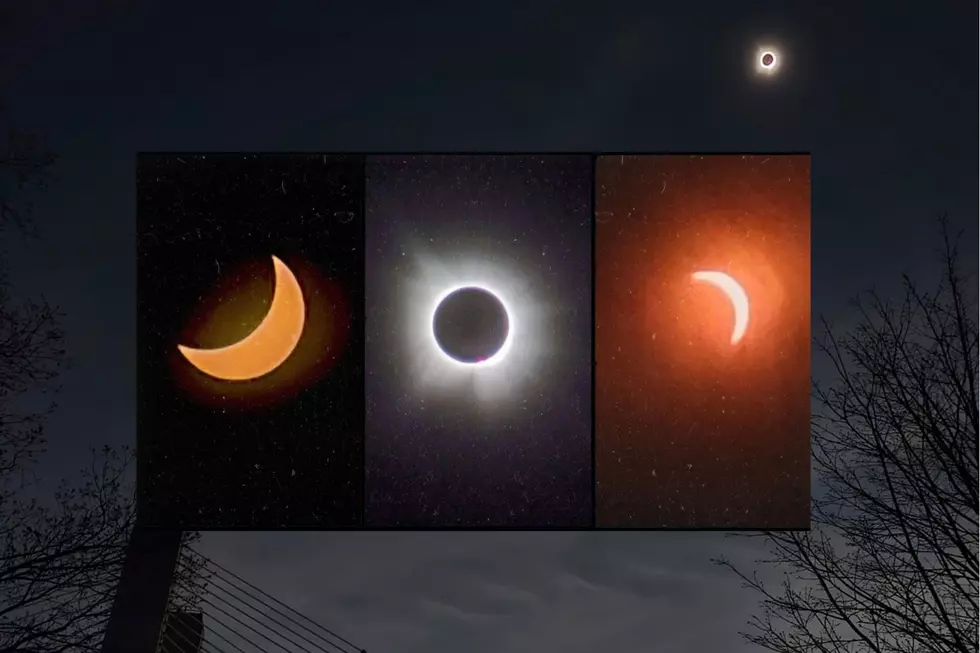
Here Are The Seven Astronomical Events Rockford Residents Need To See In 2017
This is going to be a good year for sky watchers in Rockford.
If you are a fan of stars and things falling out of the sky, then here are 7 astrological events that will take place in 2017 in Rockford, with the dates provided by WLS TV in Chicago.
1. Comet 45P/Honda-Mrkos-Pajdusakova
On February 11th, the comet that has the name of a car manufacture will only be 7.7 million miles from Earth. If you are an early riser (like me) you will be able to catch a glimpse of this.
2. A Triangle will form with Mercury, Mars and the moon March 29th
According to National Geographic:
"After sunset, stargazers should look toward the western sky to see the thin crescent moon forming an impressive celestial triangle with Mercury to its lower right and ruddy Mars above the pair."
This will also be the time of year that we will be able to see Mercury at its closest.
3. Jupiter Meets The Moon
On April 10, the planet that is the big dog in the Solar System will meet up with the moon. Won't the cow be jealous of Jupiter?
4. Total Solar Eclipse
2017 will be a great year for this phenomenon. On August 21st, the entire USA will see the sun being blocked by the moon. It takes a diagonal track, meaning that you can be within a days drive of seeing this. There will also be a partial eclipse for the rest of the country. If you happen to miss this, you will have to wait seven years for this to happen again.
5. Two planets meet each other November 13th.
Jupiter and Venus will be side by side during the early morning hours. They will be very bright in the Eastern sky, so unless Mother Nature throws her weight around, you should have a good view.
6. Leonid Meteor Shower
According to Basic Astronomy, this will be the first of two meteor showers that you can see in Rockford. On November 16th and 17th, look to the constellation Leo the Lion and you will be able to see shooting stars. Make sure you are out of the city to have a good look at this.
7. Geminid meteor shower
According to Basic Astronomy, this meteor shower is the better of the two when it comes to viewing. It can produce 60-80 meteors per hour. It starts on December 6th and ends on the 19th. The best dates to check this out is December 13th and 14th. If you look at the constellation Gemini.
More From Rockford's New Country Q98.5









